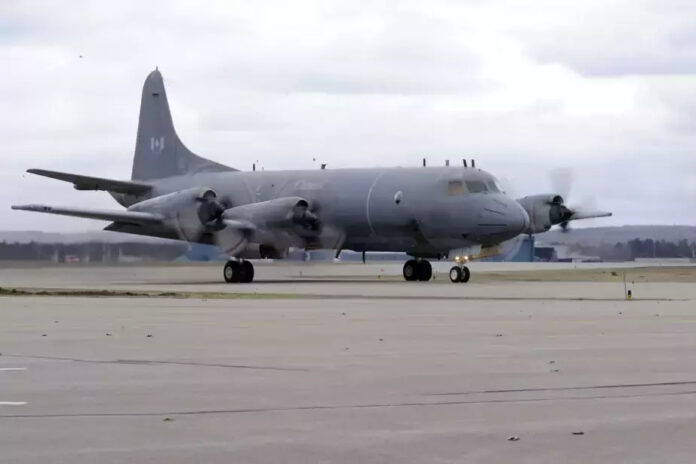(Ottawa) The Trudeau government risks making the “mistake of a generation” which will have disastrous consequences for Canada’s aerospace sector if it decides to award a contract to Boeing without a call for tenders to replace the Aurora surveillance planes, believes former Royal Canadian Air Force (RCAF) Commander Michael Hood.
This error would not only be costly for the country’s aerospace industry, but it would also be costly for the Canadian Armed Forces, which could have to use for years an aircraft that will soon end of production.
Hence the importance, according to the former commander of the ARC, of holding a proper call for tenders before awarding such a contract worth nearly 9 billion dollars. A call for tenders would allow Canadian companies to bid, if they wish, for this contract.
“As a former commander of the Royal Canadian Air Force, I want to get our hands on the best aircraft. To achieve this, we must hold a call for tenders,” stated Mr. Hood in an unequivocal tone in an interview with La Presse.
For several months, the federal government has been hinting that it could award a private contract to Boeing to purchase 16 P-8A Poseidon aircraft to replace the fleet of CP-140 Aurora aircraft, on the grounds that the company American is the only one to be able to build the surveillance planes on time.
However, Bombardier maintains tooth and nail that it has the know-how and the capacity to build such cutting-edge devices at a lower cost and within the required deadlines. The company is demanding that Ottawa launch a call for tenders. Bombardier has partnered with the Ontario company General Dynamics to demonstrate its seriousness in this matter. The two companies are ready to take on the Trudeau government in court if it refuses to launch a call for tenders.
Former commander Michael Hood believes the “urgency” to replace the CP-140 Aurora planes is nothing short of a “fabrication” in the corridors of power in Ottawa. These planes can still serve the ARC until 2030, or even a few more years. He knows what it’s all about, because he was the one who convinced the previous Conservative government to invest $600 million to modernize these planes while he was deputy commander of the RCAF.
“These investments were intended to extend the life of the aircraft, but they were also intended to give us time to hold a formal call for tenders in order to allow Canadian companies to compete for the contract for replacing the Aurora aircraft,” Hood said.
The only emergency that seems to exist, according to him, is that imposed by Boeing, which plans to end production of the P-8A Poseidon planes from 2025.
Mr. Hood said he was recently hired by Bombardier as a consultant. But his strong opinions in favor of a call for tenders predate his hiring by many years, as evidenced by the representations he made to the former Conservative government to extend the useful life of the Auroras when he was the number two of the ARC.
“Why not have a tender? It appears that this is because Boeing has indicated that it cannot meet the 2030 aircraft delivery schedule because production will cease in 2025,” Hood said.
“Boeing basically has no orders left for these planes, except maybe three from Germany that came up last week, but there are just as many countries canceling orders,” he said. in an interview, giving in particular the example of South Korea.
Three weeks ago, the defense committee, which examined Ottawa’s efforts to replace surveillance planes, adopted a motion urging the Trudeau government to hold a call for tenders, as demands Bombardier.
This motion was adopted after a statement released by the Premier of Quebec, François Legault, and the Premier of Ontario, Doug Ford, also urging Ottawa to rule out the idea of granting such a contract without holding an appeal of offers.
In an interview, Mr. Hood said he was stunned to find that federal mandarins from the Department of Defense and the Department of Public Services and Procurement did not see fit to contact Bombardier and General Dynamics to inquire about their production capacity.
“I have always had immense confidence in the Canadian aerospace sector and I believe we have a duty to at least give it the chance to showcase itself in a call for tenders. […] I cannot believe all the buffoonery we are seeing at the political level on this subject at the moment,” he concluded.















